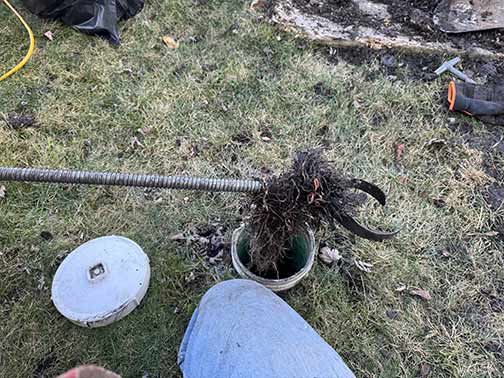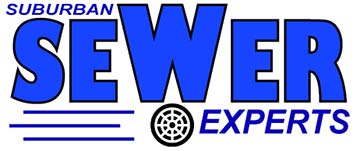
The main sewer line in your property is the large pipe that runs from your building to the city sewer lines in the street. This line connects all the drainage pipes inside your building to the municipal sewer line.
The purpose of the sewer line is to collect wastewater from your toilet, shower, tub, sinks, appliances and all other drains and transport the used-up water out of the building.
Your sewer line connects your home’s drainage and the city’s sewage treatment systems. It is an essential component of the building’s sanitary systems.
That is why problems in your main sewer line can cause major disruptions in your home or business. Depending on the type of problem, sewer line issues can even prevent the use of your plumbing, notes Penny Management team.
But why do sewer line problems happen?
Given that the sewer line in your Chicagoland property is tough, underground and designed to handle a constant flow of biohazardous waste materials, what are the things that can damage it?
This post will answer that question.
The leading causes of sewer line damage in Chicago homes
Using drains as a trash bin
Some items and materials should never go into your sewer line. Top of the list are fats, oils and grease because they will solidify inside the line and accelerate the buildup rate in the pipes. It is also a mistake to flush most so-called “flushable” items into your sewer line: wipes, diapers, paper towels, feminine hygiene products, latex condoms, dental floss and lots more. Some types of food waste should not be allowed into your drains: eggshells, coffee grounds, stringy veggies (like celery) and starchy foods (such as rice or mashed potatoes).
Tree root infiltration
Invasive tree roots can interfere with the function of underground pipes or even damage them. If the roots grow around the sewer line, they can push it out of position. That will cause low areas to form within the pipe. Low areas inside a sewer line predispose it to clogs. Tree roots may also exploit weak points and fractures in the line to penetrate the pipe. The roots do this to access the nutrient-dense water inside the pipes. If a sewer line is penetrated by tree roots, it will eventually become blocked.
Ground movement
A major cause of sewer line damage is changes in the ground where the sewer line is buried. A sewer line may sag or collapse if the ground underneath it starts to sink or shift. These soil movements are often the result of soil erosion, heavy rainfall or earthquakes. A sewer line may also shift out of position if the soil is not properly compacted during construction. Leaks in underground water lines can also discharge water into the ground, causing the soil around a sewer line to become unstable. Lastly, rodents may burrow under a sewer line to destabilize it.
Cracks and corrosion
A leading cause of sewer line corrosion is the frequent use of chemical drain cleaners to unclog a building’s drains. Chemical drain cleaners contain powerful corrosives that attack not only the clogs in a drain line but also the materials of the sewer line. Corrosion also happens from biological and chemical processes in the soil surrounding a sewer line; metal pipes are more vulnerable to these processes. Sewer lines can also crack when subjected to physical stress, such as when a heavy vehicle or equipment is driven over or parked on the ground directly above the sewer line.
Common signs of sewer line problems
What are the common signs of sewer line problems in your Chicagoland property?
Foul odors
Persistent odor of sewage inside the building and around the property is a sign that the sewer line is blocked or cracked.
Simultaneous slow drains
If several drains in the building are slow or clogged at once, you should check for problems in your sewer line.
Gurgling noises
These sounds happen when the trapped air inside a blocked sewer line finds a way to escape through the drain openings.
Rodent activity in the yard
If your sewer line is broken it will attract roaches and other insects to your yard. rodents will soon follow.
Wet lawn or lush grass
A broken sewer line will discharge water into one section of your lawn, making it very green. You may also notice wet patches on the lawn.
Water backup in drains
Instead of emptying, plumbing fixtures like sinks, showers and toilets may overflow when you use them.
What should be your next steps if you see these problems in your Chicagoland property?
Quick action can save you a lot of money when dealing with sewer line issues. To resolve the problems, you need an experienced plumber that specializes in sewer line repair who can evaluate your building’s sewer system to detect the root of the issues and recommend a lasting solution.


